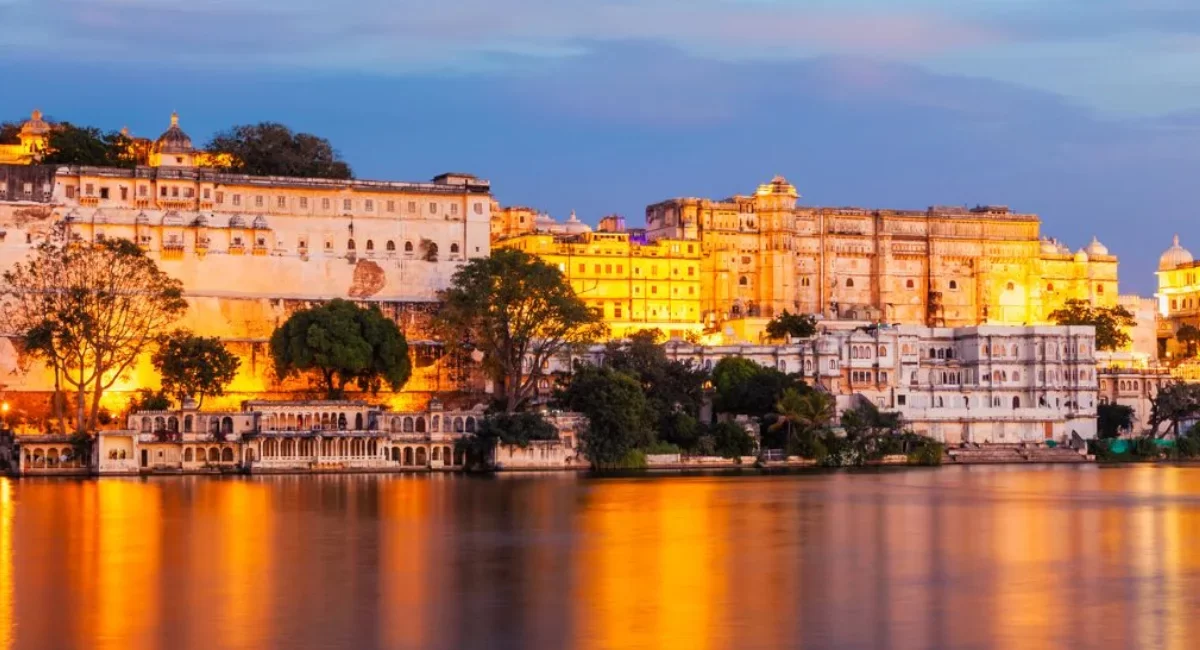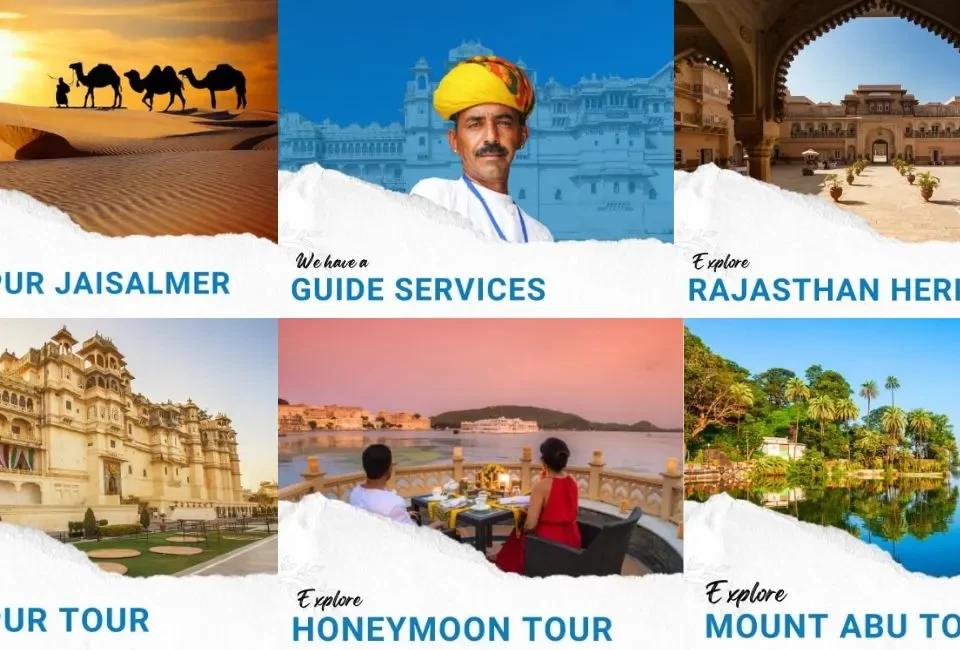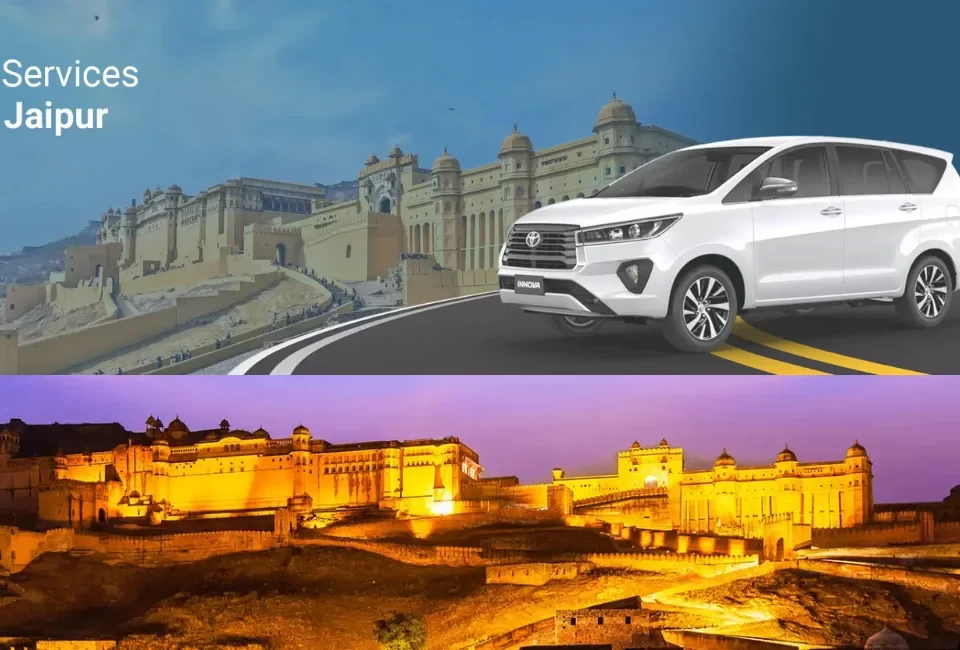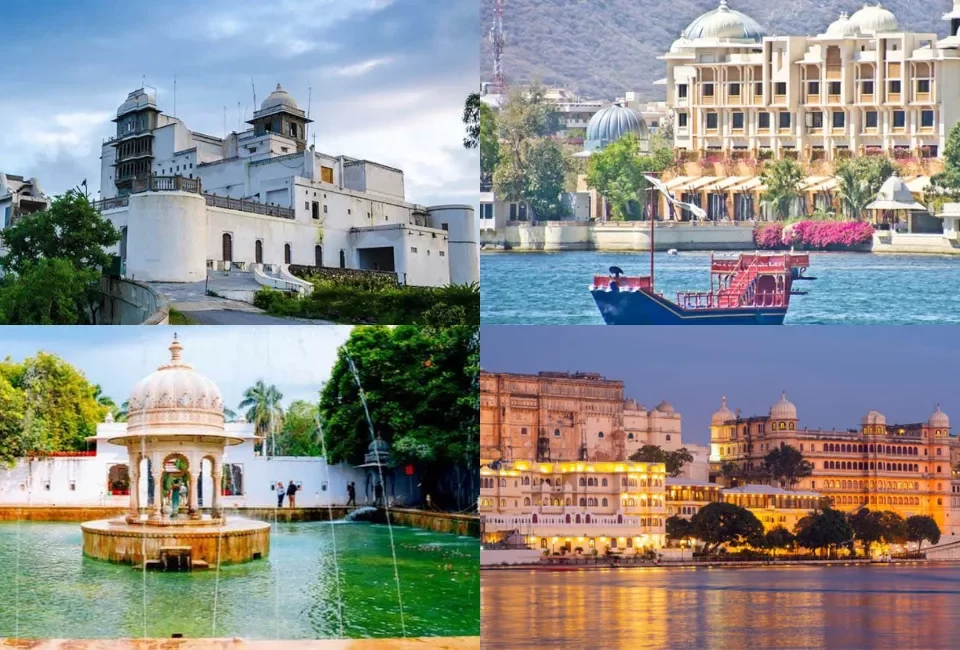How Comprehensive Is Your Knowledge Of Historic Rajasthan Forts?
Rajasthan, the largest Indian state, also boasts a rich history. As evidence of its glorious past, Rajasthan houses numerous forts, which are architectural marvels. A guided Fort tourism in Rajasthan would also take you to the world of cultural heritage. Here are the real details of some of the most prominent forts in Rajasthan:
Chittorgarh Fort in Chittorgarh
One of the best-known Rajasthan UNESCO heritage forts, the Chittor fort was built in the 7th century by Mahasena, a Mauryan Emperor. It has been expanded and renovated under the patronage of Medini Ratnodadhi, who ruled from 734-745 AD. With time, it became the stronghold of the mighty Sisodia dynasty (1478-1943 AD). The former is a witness to three sieges, first in 1303, then in 1535 and subsequently in 1568. Its premises are also home to important Monuments like Vijay Stambh (Victory Tower): m, a 19th-century tower, Kirti Stambh or the Tower of Fame, a 12th-century Jain temple. Meera Mandir, which is a temple dedicated to Meera Bai, Padmini Palace, was built in the 15th-century palace and Gaumukh Reservoir, which is a water source. A must-visit for history buffs and photography enthusiasts, the Chittor fort still stands as an epitome of Rajasthani valour and chivalry and is also an important religious site.
Jaisalmer Fort in Jaisalmer
A golden fort built in the 12th century, also known as Sonar Qila or the Golden Fort, was built in 1156 AD by a Bhati king, Rawal Jaisal. Its strategic location on Trikoon Hill and a fort wall that measures 30 feet in width and 4 kilometres in length make it one of the most famous Historic landmarks in Rajasthan. The fort is also a witness to several sieges and battles. With more than 4,000 buildings, palaces and temples inside it, the fort offers a charming blend of history, spirituality and self-sufficiency. Yellow sandstone architecture is itself a treat for the eyes when it comes to Rajasthan fort architecture. Other attractions include the Raj Mahal or the Royal Palace, Gadsisar Lake, Salim Singh Ki Haveli, several Jain Temples and a museum.
Jaipur City Fort in Jaipur
Otherwise known as the Amer Fort Amber Fort or Amer Fort, this fort complex was built in 1592 AD by a Kachwaha ruler, Maan Singh I. Locater on a hillock that overlooks the Maoata Lake, it is one of the Best forts to visit in Rajasthan. There are about 900 rooms, palaces and temples inside, each exhibiting the brilliance of master architects who used marble and red sandstone for construction. There is also a fort wall extending to 6 kilometres that speaks of the sieges and battles that it has experienced. Some of the most important attractions inside are the Sheesh Mahal or Mirror Palace or Diwan-i-Khas, the hall for the Private Audience; Diwan-i-aam or the hall for the public audience; Jai Mandir or the Temple of Victory; and Sukh Mandir or the Temple of Happiness.
Kumbhalgarh Fort in Rajsamand
This 15th-century fort is one of the most famous forts in Rajasthan. It has also earned its name as the second-longest fort wall on the planet. Built by the Sisodia king Rana Kumbha, the fort overlooks many hills in the Aravali range. Apart from the 36 kilometres long and 18-20 feet wide fort wall, the complex houses more than 350 monuments and houses. The important monuments within the complex include the Badal Mahal or Cloud Palace, numerous Jain Temples, water storage tanks and the fort museum. It is also near attractions like Ranthambore National Park, Mount Abu, and Ranakpur Jain Temples, among others.
Other Forts
There are many more places that trace the mighty Rajput history and evidence the brilliance of Rajasthan fort arthitecture. For instance, the Bikaner Fort in Bikaner is a 15th-century fort that Rao Bika built. The Jhunjhunu Fort in Jhunjhunu is a 14th-century fort has earned is name for the beautiful frescoes inside. Again, the Mehrangarh Fort in Jodhpur is a 16th-century fort that Rao Jodha built.
Other Attractions
Typical Fort tourism in Rajasthan does not merely take you on a guided trip but also lets you explore the rich Rajasthan Forts history. You can also take part in various cultural events and festivals that take place in the proximity. For example, the Chittorgarh Utsav, the Nagpur Festival, the Jaisalmer Desert Festival and the Alwar Festival commemorate Rajasthani history, music, art, dance and culture. And to give you a comprehensive tour experience without going overboard with the budget, you can contact reliable tour operators like Rajasthan Taxi Services.




